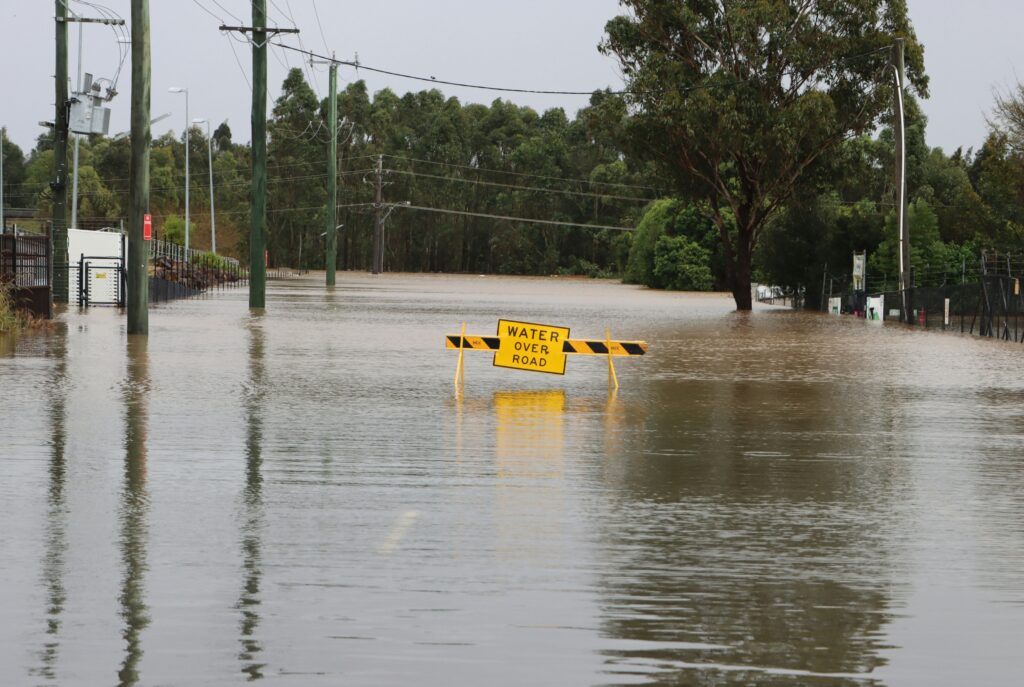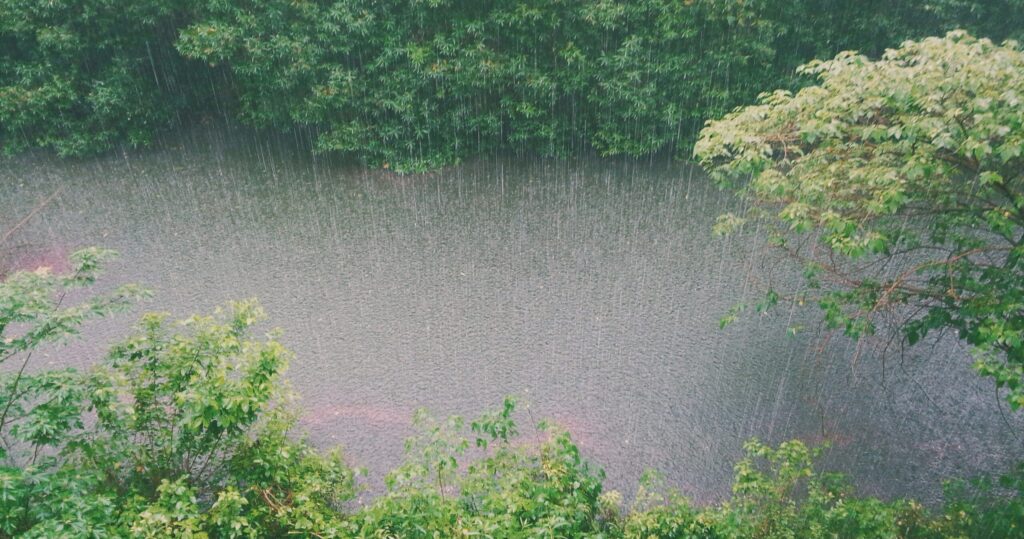We’ve had lots to say about floods here at CDN, including in our most recent video on Pavlov’s Floods. Which if you haven’t yet watched, we urge you to because it probably describes one or more persons of your acquaintance, who could benefit from being deprogrammed before spring finally comes despite the end of winter and the inevitable local floods lead to a mindless chorus about climate change. In our continuing review of the new assessment of global indicators of extreme weather we find the following regarding scientific evidence of flooding: “About floods it can be said that although evidence of an increase in total annual precipitation is observed on a global level, corresponding evidence for increases in flooding remains elusive and a long list of studies shows little or no evidence of increased flood magnitudes, with some studies finding more evidence of decreases than increases.” Could warming even be associated with less flooding? Yes, it turns out it’s happened before.
The authors discuss evidence that shows the Medieval Warm Period, RIP, and the Roman Warm Period were both marked by less flooding than the adjacent cold periods. They review numerous specific studies mainly from European locations that all show flooding was worse in the past than it is observed to be today, and was worst in cold eras. As for possible reasons, Professor Trevor Dickenson discussed some of them in our video on urban flooding, pointing to increased winter melt events that leave less snow to run off in the Spring. The authors of the new assessment make a similar comment: “Some reasons of the decrease in flood magnitudes are listed by Sharma et al. which identify decreases in antecedent soil moisture, decreasing storm extent and decreases in snowmelt among the possible responsible mechanisms.” So if you’re looking to decrease flood risk, it’s warming you want.



I would like to think that maybe humanity is better at respecting flood plains, but then you see what happened in the Fraser Valley of B.C. last year and that thought goes out the window.
We also have a problem in the prairies where our flood plain elevations were often done in the 1960's without any updates. You then add more then a half century of agricultural growth, urban growth, expansion of road networks and forest operations; all which increase run-off and decrease infiltration. This benefits the alarmists as it is easy to claim a unusually large flood event when your flood elevations are a half century out of date.